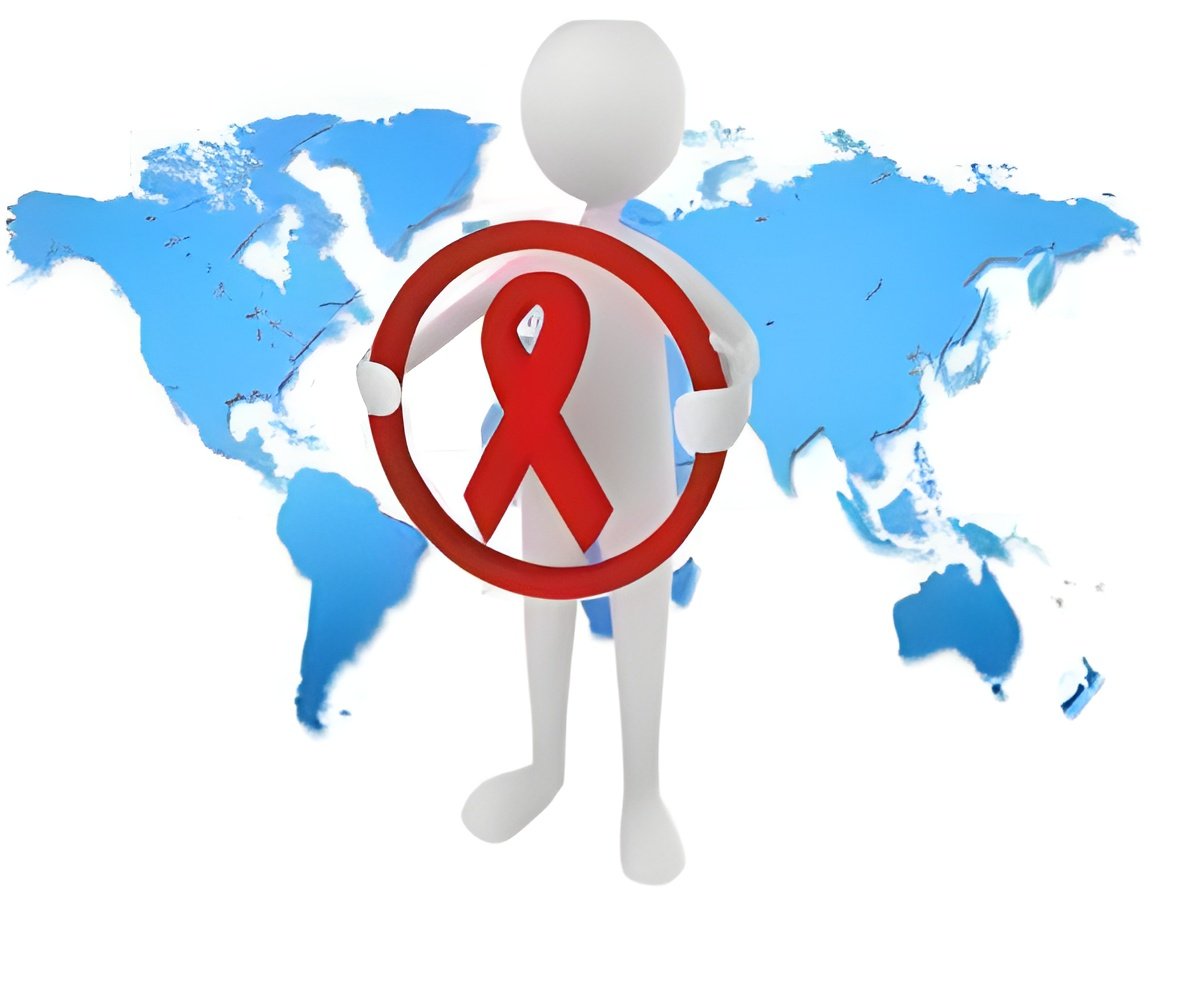UNAIDS chief Michel Sidibe has revealed that the organization was worried over a sharp rise in new cases of HIV infections in the Middle East and North Africa.

This compares with a fall in global infection rates of 35 percent.
"There are regions we are worried about, notably the Middle East and North Africa, where a relatively quick rise in the number of new infections has been observed. The virus in these regions is difficult to contain," Sidibe said.
With 225,000 people infected and 22,000 new cases in 2013, "the epidemic is not huge, but what is worrying is above all the trend... In just a few years we've gone from 10,000 people infected to 225,000," he added, speaking on the sidelines of a regional HIV/AIDS conference.
Equally, access to treatment across the region is very poor, with Sidibe comparing medical coverage in the Middle East, of just 18 percent, to around 80 percent in certain African countries ravaged by the disease.
In the Middle East, only "11 percent of children with AIDS have access to treatment", he said.
The UNAIDS official noted some progress in terms of governments taking the problem seriously, with the Arab League adopting its first strategy for combatting the virus, and a convention aimed at protecting people living with HIV.
"I don't think the rest of the world is more tolerant than the Arab world, I believe it's a problem of approach, that they will get there," Sidibe said.
Source-AFP
 MEDINDIA
MEDINDIA




 Email
Email









